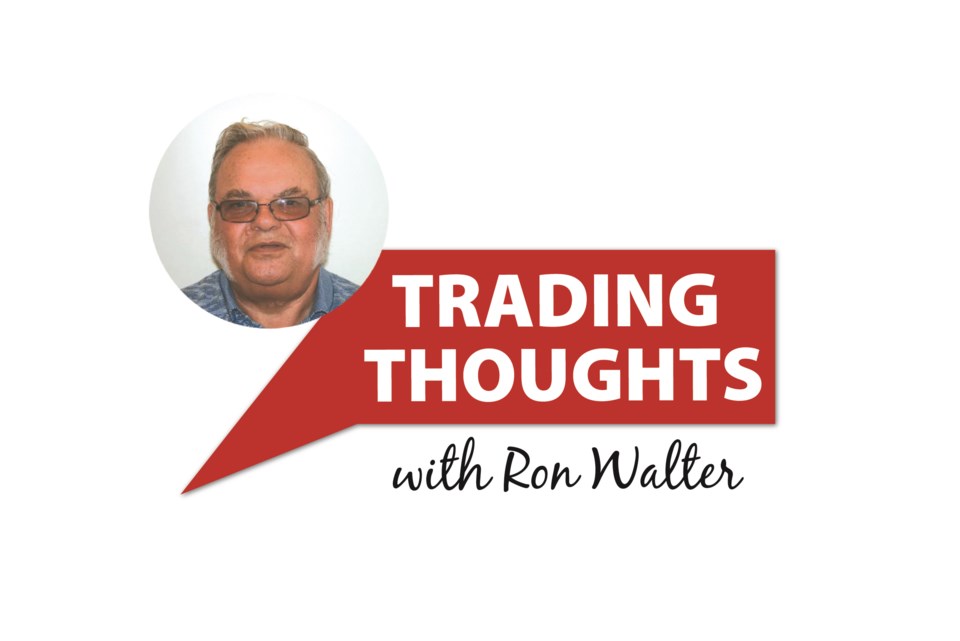My first introduction to the complicated yet vital world of property assessment came in 1971.
As city hall reporter for the Moose Jaw Times-Herald, I covered the long overdue reassessment of Saskatchewan property.
The 1971 reassessment updated property assessment values for municipal taxes, last done in 1956.
Across Saskatchewan, cities, towns, villages and RMs had charged taxes based on 1956 data.
To be certain, there were howls. Numerous reassessments came in with increases as high as 400 to 1,000 per cent.
Businesses were planning bankruptcy filings, but the city used tools to phase in the new assessments over three years.
Increased assessment values of property do not automatically mean similar increases in property taxes. Most councils don't reap a windfall from reassessments, or say they don’t.
In 1971, assessment was largely based on cost of reconstruction less depreciation.
Municipal leaders argued for years for a market-based assessment with more frequent updates to cushion the impact. They eventually got it.
Since the 1990s, Saskatchewan residential property has been assessed at market value. Commercial and industrial property is also assessed on cash flow.
The market-based assessment came in just as Vancouver was experiencing one of the side effects of the market system. Longtime retired homeowners were forced to sell because they could not afford taxes on skyrocketing property values.
The market system in Saskatchewan is better than the pre-1971 setup, but is far from perfect.
This year, property owners face reassessment based on values at Jan. 1, 2023.
In Moose Jaw, the price of a house, according to the Saskatchewan Real Estate Association, averaged $280,000 on that date — a 20 per cent increase over the previous year.
Long-term house price increases average between two and five per cent, keeping pace with inflation.
Inflation in Saskatchewan was up six per cent in 2023.
The difference in house price increases and inflation can be attributed to an abnormal market.
The world had just come out of nearly two years of pandemic lockdown and low levels of real estate activity. Demand was way up. Supplies were limited as owners sought post-lockdown stability.
These conditions led to an explosion in property values.
Interestingly, by 2025, local house prices had fallen about 10 per cent to $256,000.
But property will be reassessed at the 2023 values. That seems to be completely unfair. Fairness is supposed to be the number one principle of property assessment.
Among the fundamentals of market valuation for property is a need to have a true market value for comparison — a value set by a willing buyer and seller with no coercion or stress involved.
A strong case can be made that the 2023 price levels were an aberration caused by the post-lockdown demand.
I believe using the 2023 prices is unfair.
Unless there is mass revolt by taxpayers, they will pay taxes on 2023 property tax values that were higher than today’s values.
Ron Walter can be reached at [email protected]




